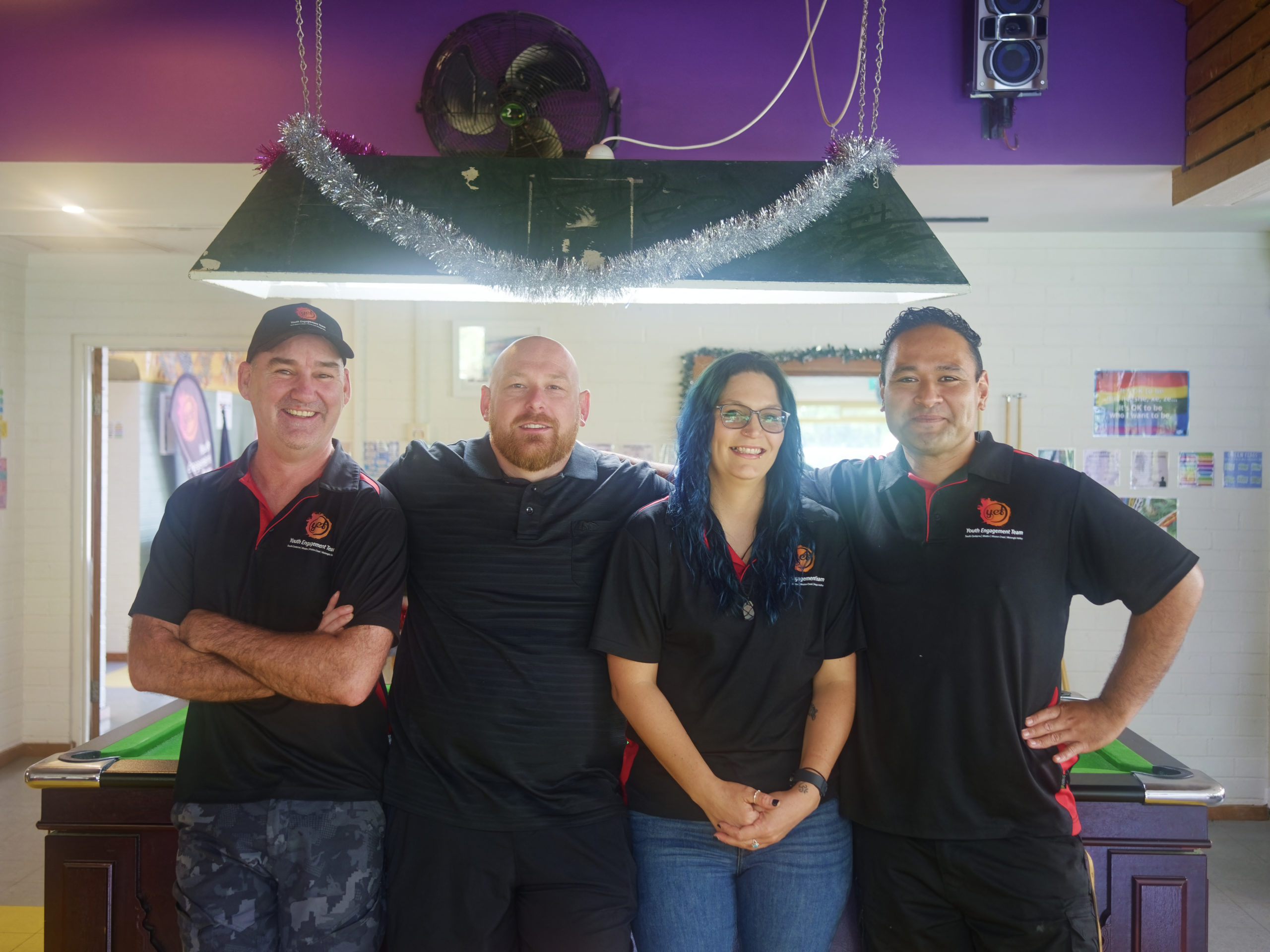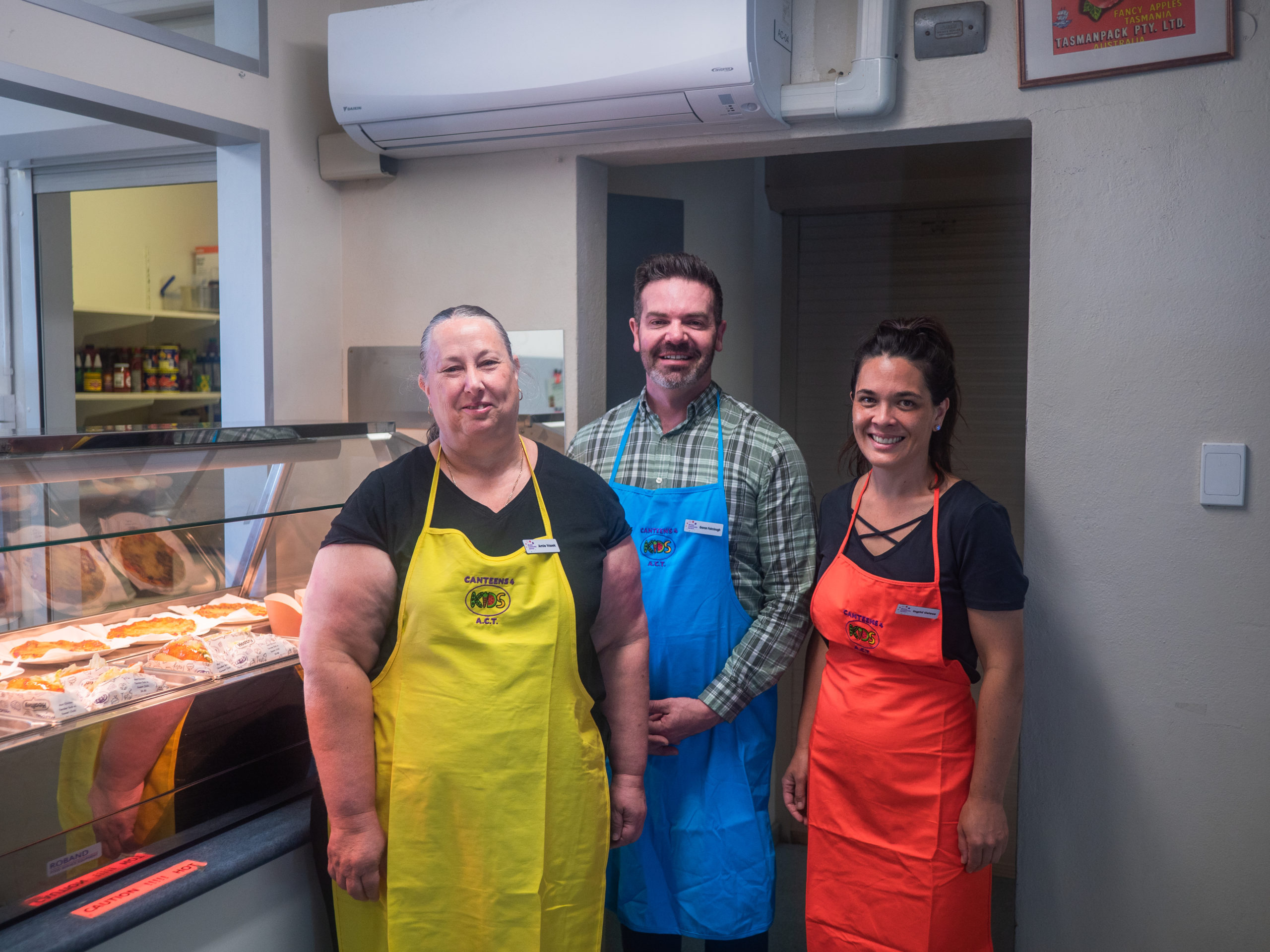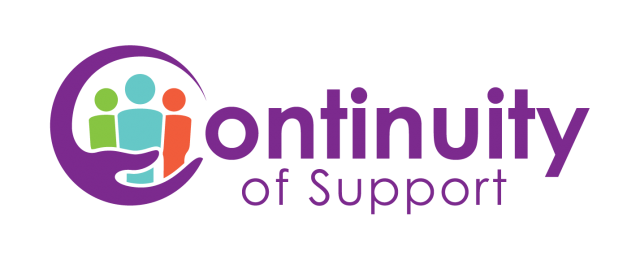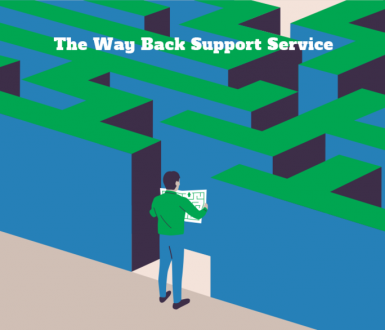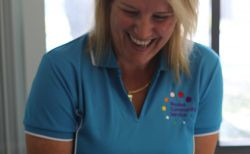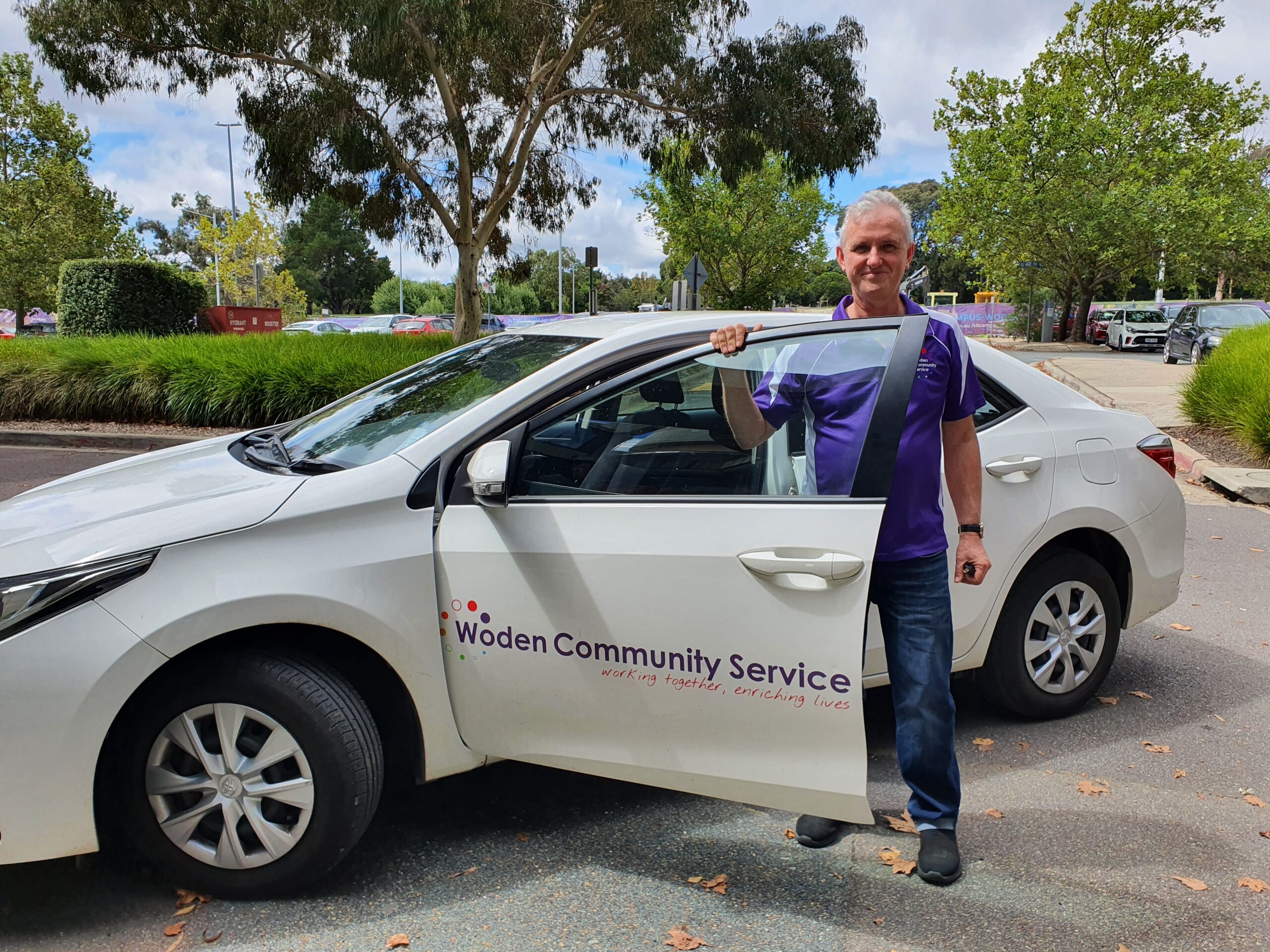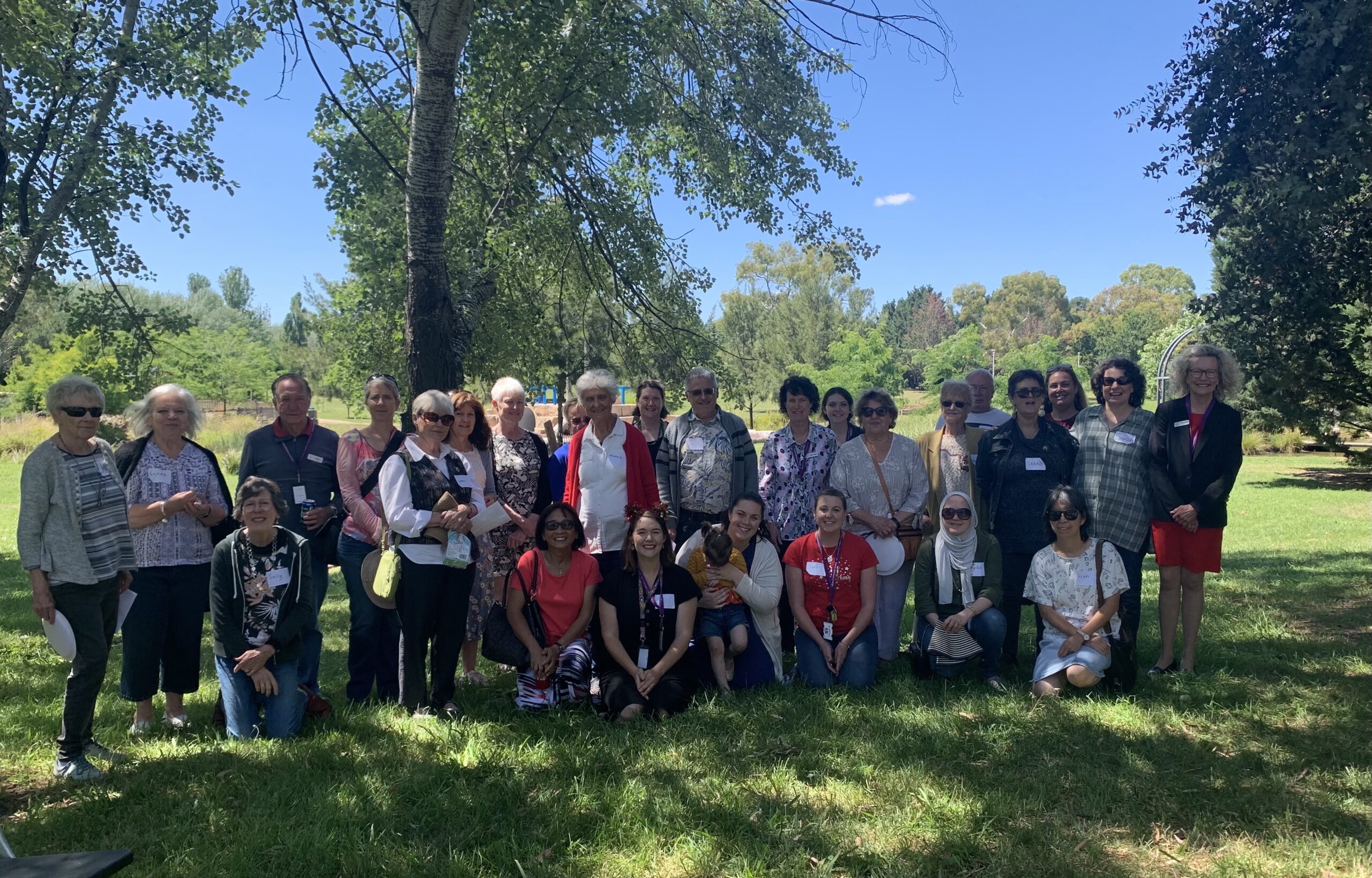WCS implemented the Transition to Recovery Program (TRec) in 2011 after identifying a clear need and gap in local service provision for people leaving hospital following a period of psychiatric care.
WCS and the ANU Centre for Mental Health Research (CMHR) commissioned an evaluation to examine the effectiveness and acceptability of the program and to ensure the suitability of the model of care for this client group. The final report was released in 2015.
The data and findings found that the program was acceptable to consumers and consistent with recovery oriented principles. WCS implemented all recommendations from the evaluation.
Key findings attributed to TRec’s 12 week intensive outreach intervention
- Most participants reported that the program was highly acceptable to them and would recommend the service to others.
- Participants reported that they felt emotionally supported, accepted and understood.
- Lower psychological distress and higher functioning in life skills was reported by participants.
- The program showed reduced relapse and (re-) admission to hospital and overall reduction in the use of emergency services.
- There were high levels of participant satisfaction with the service in the following areas:
- Providing the right kind of support when needed – 7 days a week, face to face and phone support, practical help and assistance with daily tasks;
- Providing assistance that reduced isolation and increased access to community resources and support;
- Providing support and information that assisted people to feel more confident in self-managing their mental health.
- Mental Health staff reported a high level of satisfaction with the service particularly around the high intensity and flexible support available to those in the program.
- The Recovery Self-Assessment Scale (RSA) questionnaire identified TRec a service that provides individualised, optimistic and person centred support.
The recommendations included:
- Extending timeframes in the program if needed – the service now has capacity to extend beyond 12 weeks for participants who need extra support.
- Increasing resources to the program to expand reach – additional capacity in the program (from 15 to 35 participants) has now been supported by ACT Health.
- Building on the collaboration between clinical services – an identified Referral and Liaison staff position has been established and there are now weekly liaison meetings with all referring clinical teams.
- Addressing additional support needs for participants in their relationships with friends and family – TRec revised policies and practice to ensure that the needs of participants to connect with family is a focus for Key Workers.
Download Evaluation of TRec Report – 21.05.15








